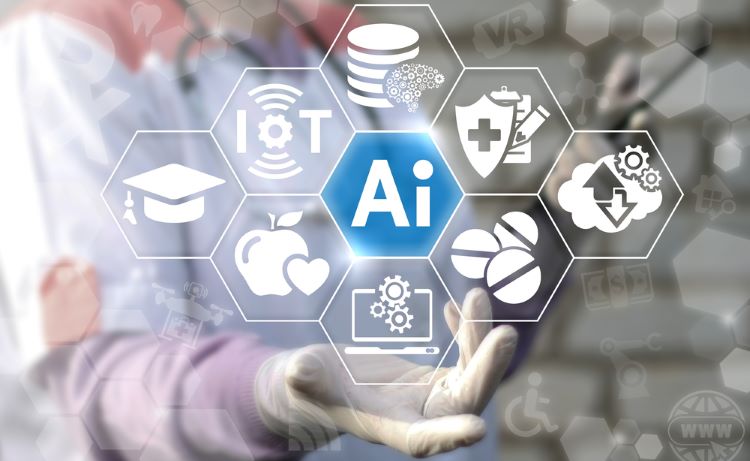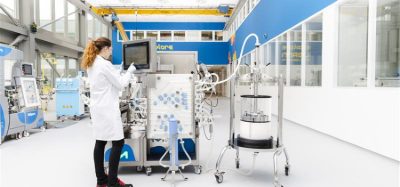AI to revolutionise drug development by 2026
Posted: 12 September 2023 | Catherine Eckford (European Pharmaceutical Review) | No comments yet
CPHI’s Annual Report 2023 for the first time reveals that pharmaceutical ‘AI companies’ have overtaken ‘late stage’ as the industry’s most appealing investment option for venture capital (VCs).


Initial data from the CPHI Annual Report 2023, which provides insight from 250 global pharmaceutical companies, reveals that AI (artificial intelligence) is expected to transform every area of the industry, from drug discovery through to drug development, within the next 24-months.
Data predicted that in 2030, more than half of US Food and Drug Administration (FDA)-approved drugs will involve AI in their development and/or manufacturing. However, significantly, even before that, the report predicted that over 40 percent of drugs that were discovered by AI technology will FDA-approved within the next two to five years.
According to the report, while 62 percent of companies forecast that the first fully AI drug discovered and developed therapy will be approved by the FDA within the next five years, 20 percent thought this can be achieved within two years. Looking further ahead, by 2030, over half (52 percent) of new drugs approved will be discovered or developed using AI.
Over 50 percent of respondents answered that machine learning for optimisation of manufacturing processes will be the technology that will be used routinely in the pharmaceutical industry by 2026.
For the first time in the report’s history, at 26 percent, pharmaceutical ‘AI companies’ have overtaken ‘late stage’ (20 percent) and ‘early stage’ (19 percent) biotechs as the industry’s most appealing investment option for venture capital.
AI’s role in the pharmaceutical industry
Executives who shared their perspectives considered that AI will be central to all four of the top ranked technologies to breakthrough into ‘routine use’ by the pharmaceutical industry in 2026.
Costs are also predicted to be lower as clinical trial designs are improved alongside in silico modelling and manufacturing efficiencies. Clinical trial patient recruitment is also primed to benefit, due to AI’s ability to analyse large datasets.
AI’s role in manufacturing optimisation remained the most chosen application (52 percent), looking three years ahead. Almost 43 percent of respondents predicted it will support in building base regulatory submissions.
“There is no doubt that AI will change ways of working in pharma – we have entire conference tracks on next-gen biomanufacturing and manufacturing 4.0 at CPHI Barcelona 2023, and over the years have seen the conversation shift from potential applications to tangible impact,” commented Tara Dougal, Content Director – Pharma at Informa Markets Informa Markets. “We are now seeing AI used not only to further improve target discovery – but also to deliver step-change improvements in manufacturing, process efficiencies and clinical trials.”
The CPHI Annual Report 2023 will be available in full on 23 October.
Attending CPHI Barcelona 2023? Our team will be on the ground, so get in touch to arrange an interview, share your research, or discuss future commercial opportunities.
Related topics
Artificial Intelligence, Big Pharma, Biopharmaceuticals, Data Analysis, Drug Development, Drug Manufacturing, Drug Markets, Industry Insight, Research & Development (R&D), Technology, Therapeutics









